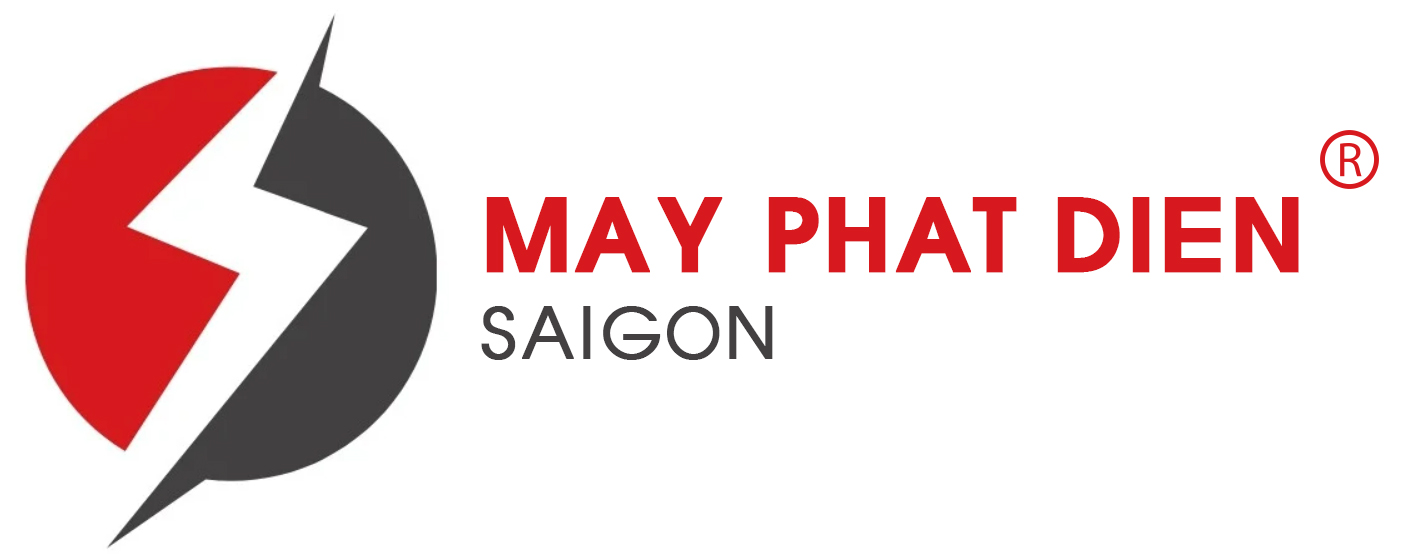The role of intelligent contracts in decentralized financing (Defi): Revolutionary of the financial industry
In recent years, the world of finances has experienced a significant transformation. Cryptocurrencies interrupted traditional financial systems by providing an alternative means for the exchange of value. The increase in blockchain technology and intelligent contracts has further consolidated and enables decentralized and automated transactions that exceed the edges and regulatory limits.
In the center of Defi there is the concept of intelligent contracts, which are self -contracts with the conditions of the agreement that were written directly in code lines. These contracts automate various financial processes, reduce the need for intermediaries and growing efficiency.
What are the intelligent contracts?
An intelligent contract is a digital document that describes the conditions of a transaction or an agreement between the parties. It consists of three main components: the contractual creation event, the execution process and the resolution clause. The contract code is carried out automatically at the time of the presence of specific events such as the transfer of funds.
The intelligent contracts are archived in a blockchain network that offers a safe, transparent and demonstrative records about the manipulation of all transactions. This decentralized architecture enables immediate regulation and eliminates the need for intermediaries such as banks or payment processors.
Key components of intelligent contracts in defi
- Decentralized financial protocols (Defi) : DIFI protocols such as Uniswap, sushiswap and swerbisnance are based on blockchain networks and use intelligent contracts to facilitate decentralized loans, loans, retail and agricultural performance.
- Tochenisision : Tochenization enables the creation of new goods that can represent ownership in Defi protocols or other digital economies. Token as DAOS (decentralized autonomous organizations), NFT (non-fixable tokens) and tokens ERC-20/ERC-721 have become an integral part of the defi ecosystems.
- Oracle

: Oracle act as a bridge between the blockchain network and the sources of external data such as market data or social media platforms. They enable intelligent contracts to make well -founded decisions based on real world events.
4 This reduces the need for the central authorities and increases network security.
Advantages of intelligent contracts in defi
- Increasing efficiency : Intelligent contracts automate complex financial processes, reduce the need for intermediaries and increasing transactions.
- improved security : Blockchain networks offer safe, transparent and demonstrable records on manipulations at all transactions, which reduces the risk of hacking or other security violations.
3
- Accessibility : Intelligent contracts can be used for cross -border transactions that enable faster and more convenient financial services.
Challenges and restrictions
1
- Scalability : Current blockchain networks have a scalability of limits, which can lead to overload and an increase in transaction times.
- Liquidity risks : Intelligent contracts are not immune to liquidity risks, since market volatility or fluctuations in activities prices can influence the value of tokens and activities based on intelligent contracts.
Diploma
The intelligent contracts have revolutionized the financial industry by providing a decentralized, automated and safe means for the exchange of value.

